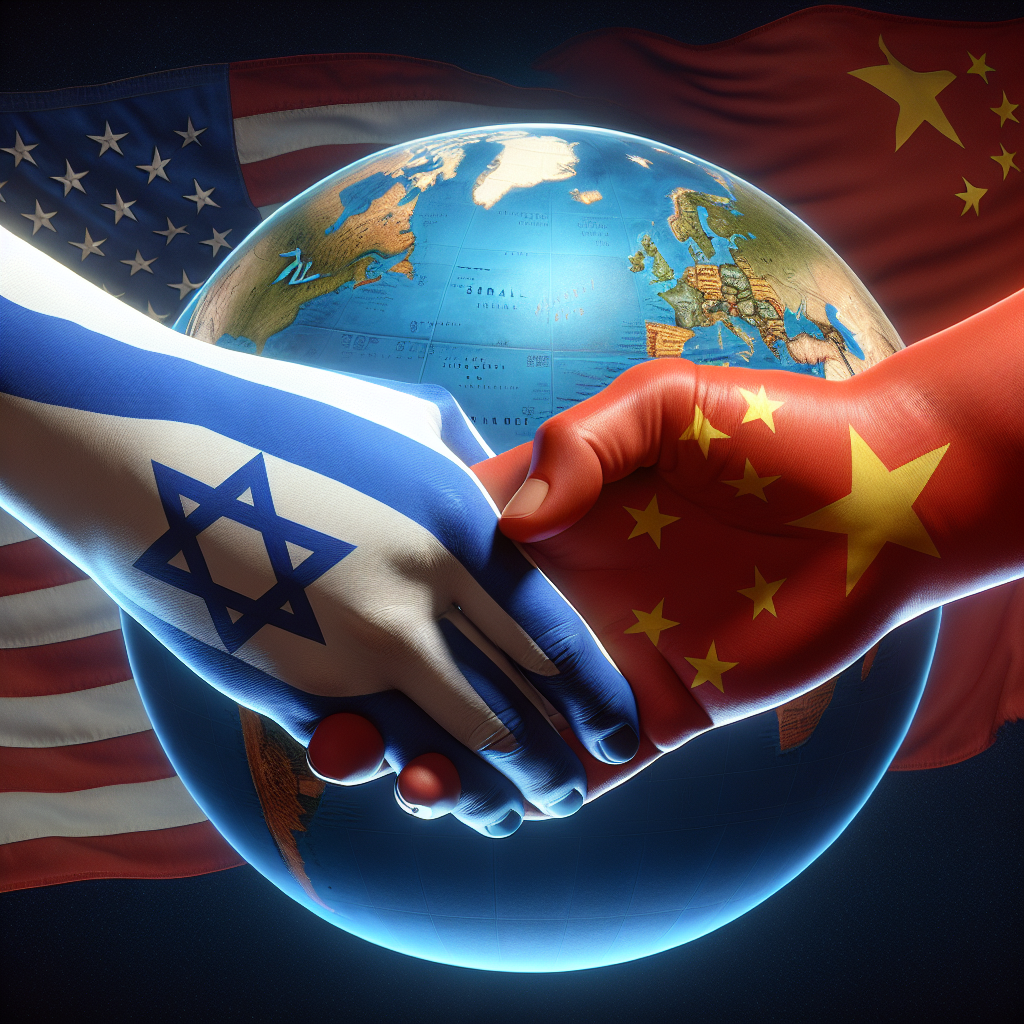In a move that is reigniting debate over the future of U.S. trade and economic policy, former President Donald Trump has proposed issuing $2,000 “tariff rebate checks” to American households, should he be re-elected. The proposal, first reported by Startup News in an article titled “President Trump Proposes $2,000 Tariff Rebate Check—Here’s Who Could Get It,” suggests that revenue from Trump’s ambitious new tariff plan would be redistributed directly to citizens in a bid to counteract inflationary pressures and rally working-class support.
Seeking a return to office in the 2024 presidential race, Trump has again emphasized aggressive use of tariffs as a central pillar of his economic strategy. The rebate proposal marks a new twist in that policy, linking U.S. trade enforcement not only to domestic manufacturing protection but also to tangible, cash-based economic relief for voters.
According to the Startup News report, the rebate checks—similar in structure to pandemic-era stimulus payments—would be funded by tariffs applied broadly to imported goods. Under Trump’s plan, a baseline 10 percent tariff would be levied on all imported products, alongside steeper, targeted duties on imports from China. These measures, his campaign argues, would generate enough revenue to fund the rebate initiative and overcome what Trump has repeatedly described as unfair trade practices that disadvantage American workers.
The implementation of such a plan, however, faces practical, legal, and economic challenges. Economists have often warned that tariffs tend to function as indirect taxes on consumers, raising the prices of imported goods and contributing to inflation. While direct cash rebates could potentially mitigate the effect on consumers, some analysts question whether the tariff-generated revenue would be sufficient to support payments of this scale. Others contend that any short-term benefit could be offset by retaliatory measures from trade partners or disruptions to global supply chains.
Moreover, the universality of the rebate remains an open question. The Startup News article indicates that eligibility may be based on income thresholds or other criteria, though no specifics have been released by Trump’s campaign. The proposal appears designed to appeal to middle- and lower-income Americans hit hardest by inflation, mirroring some of the populist economic strategies that underpinned Trump’s 2016 and 2020 campaigns.
In political terms, the rebate proposal underscores Trump’s continued reliance on nationalist economic messaging and strategic direct-to-voter financial promises. It also raises pressure on the Biden administration and other 2024 candidates to articulate their own strategies for addressing persistent inflation and trade imbalances.
As the Republican primary intensifies and the general election looms, Trump’s latest economic pledge is likely to further polarize the national discourse on trade policy. Whether the plan is feasible or merely a symbolic campaign promise remains to be seen, but its unveiling signals that tariffs—once a niche concern among economists and trade lawyers—have become a central issue in America’s electoral politics.



